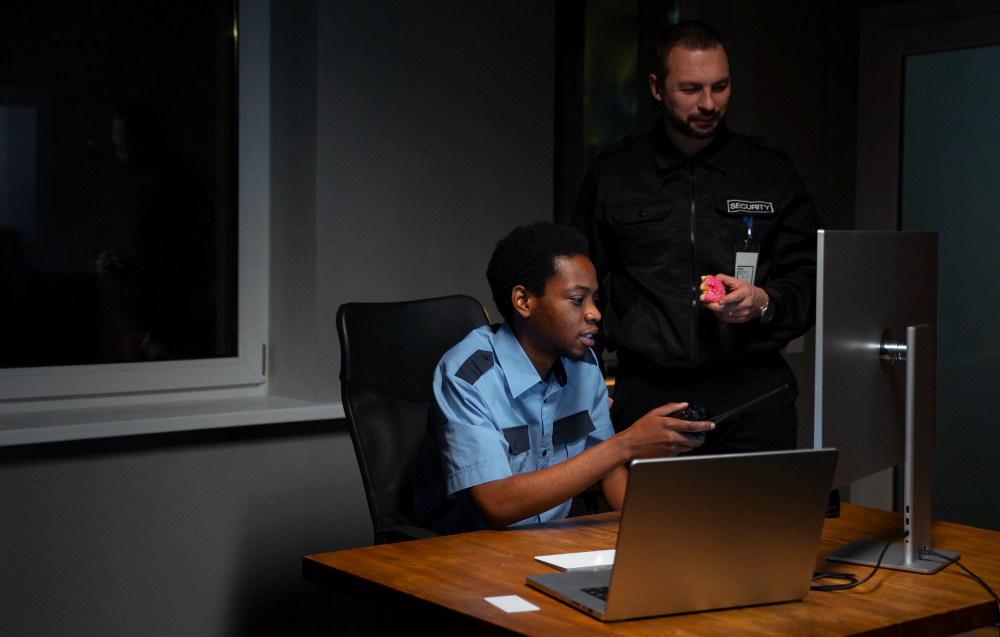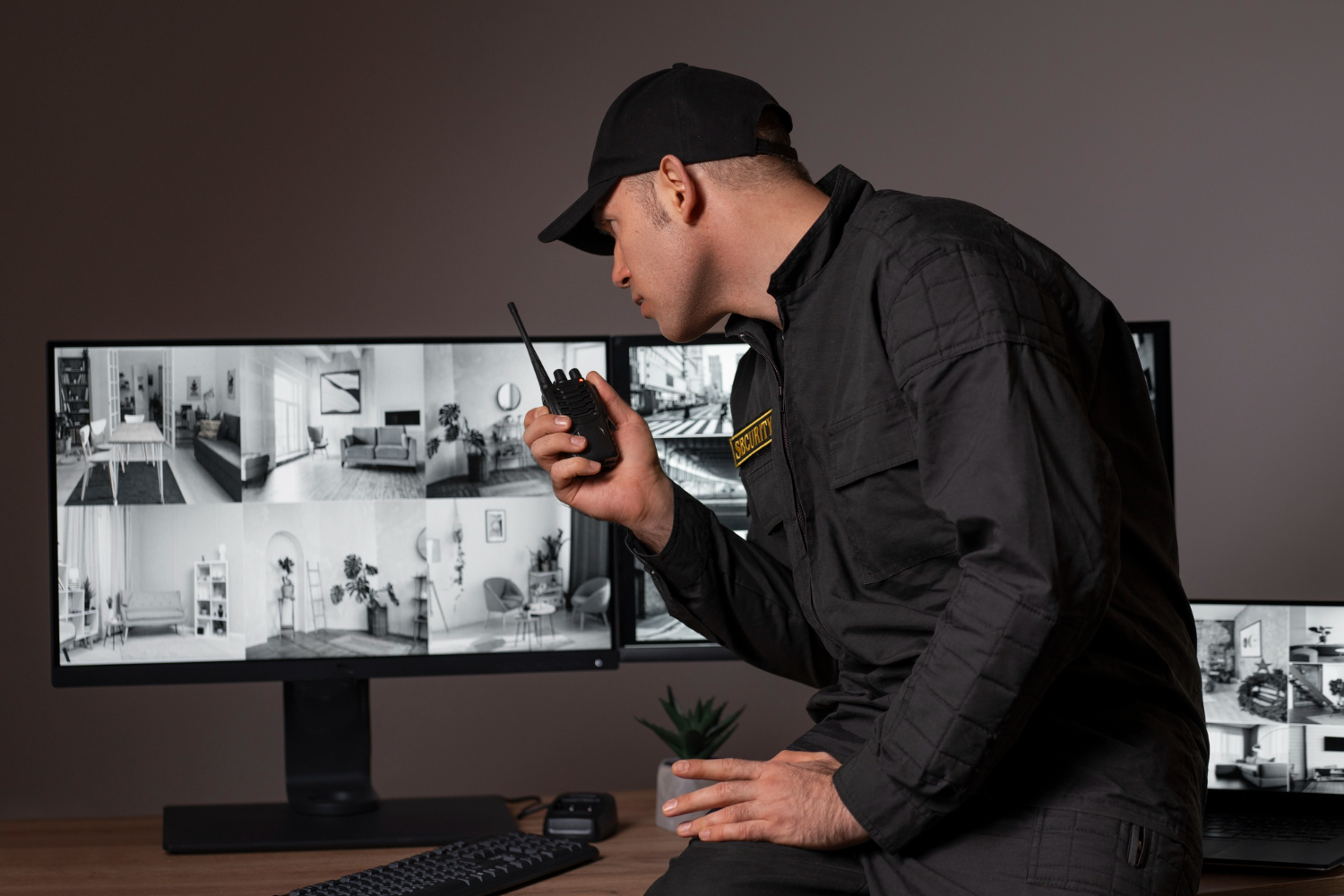The integration of technology has become a keystone for delivering robust protection in the dynamic field of security services. This blog explains how modern security companies are employing cutting-edge technologies to reinforce their services and react to a constantly evolving threat environment.
Technology as the Foundation: A Security Paradigm Shift
- Technological Transformation: Security companies are undergoing a profound transformation, pushing beyond traditional paradigms and embracing technology as the foundation of their operations.
- Changing Approaches: It’s not just about using new tools; it’s about a complete paradigm shift in security, with technology as the driving force.
Artificial Intelligence: The Intelligence behind Better Security
- Analytical Empowerment: Artificial Intelligence (AI) is a game changer, bringing improved analytical skills to security firms.
- Machine Learning Algorithms: AI evaluates large datasets using sophisticated algorithms to spot patterns and anomalies that humans may miss.
- Predictive Analytics: The incorporation of predictive analytics allows for proactive threat mitigation, hence improving overall security measures.
Surveillance Reimagined: Eyes Everywhere, Always
- Advanced Surveillance Systems: High-resolution cameras with facial recognition and motion detection capabilities are reshaping the surveillance scene.
- Real-time Monitoring: The capacity to monitor and evaluate potential threats in real-time allows for a quick response, acting as a deterrent and building a comprehensive security net.
Cybersecurity: Defending Digital Fortifications
- Concern: In an age of digital threats, cybersecurity has emerged as a primary focus for security firms.
- Digital Assets Security: Strong cybersecurity measures go beyond physical protection, protecting digital assets with encryption, firewalls, and frequent audits.
Mobile Security Apps: Real-Time Control in Your Hands
- Client Empowerment: Through mobile security apps, modern security organizations provide clients with real-time control.
- Remote Monitoring: Users can remotely monitor their properties, receiving real-time notifications and controlling security systems via their cellphones.
- Improved User Experience: These apps not only increase security but also contribute to a better user experience.
Emerging Technologies: Charting the Future of Security
- Embracing Innovation: To keep ahead of growing dangers, security companies are at the forefront of embracing emerging technology.
- Drone Surveillance: The use of drone surveillance and the Internet of Things (IoT) demonstrate the commitment to researching creative solutions.
Conclusion
The merging of security practices and technological innovations signals a new era in security services. Security companies, equipped with state-of-the-art technology, are more ready than before to satisfy the changing needs of the current world. The increasing incorporation of technology into business functions paves the way for adjustable, productive, and advanced security solutions in the future.


